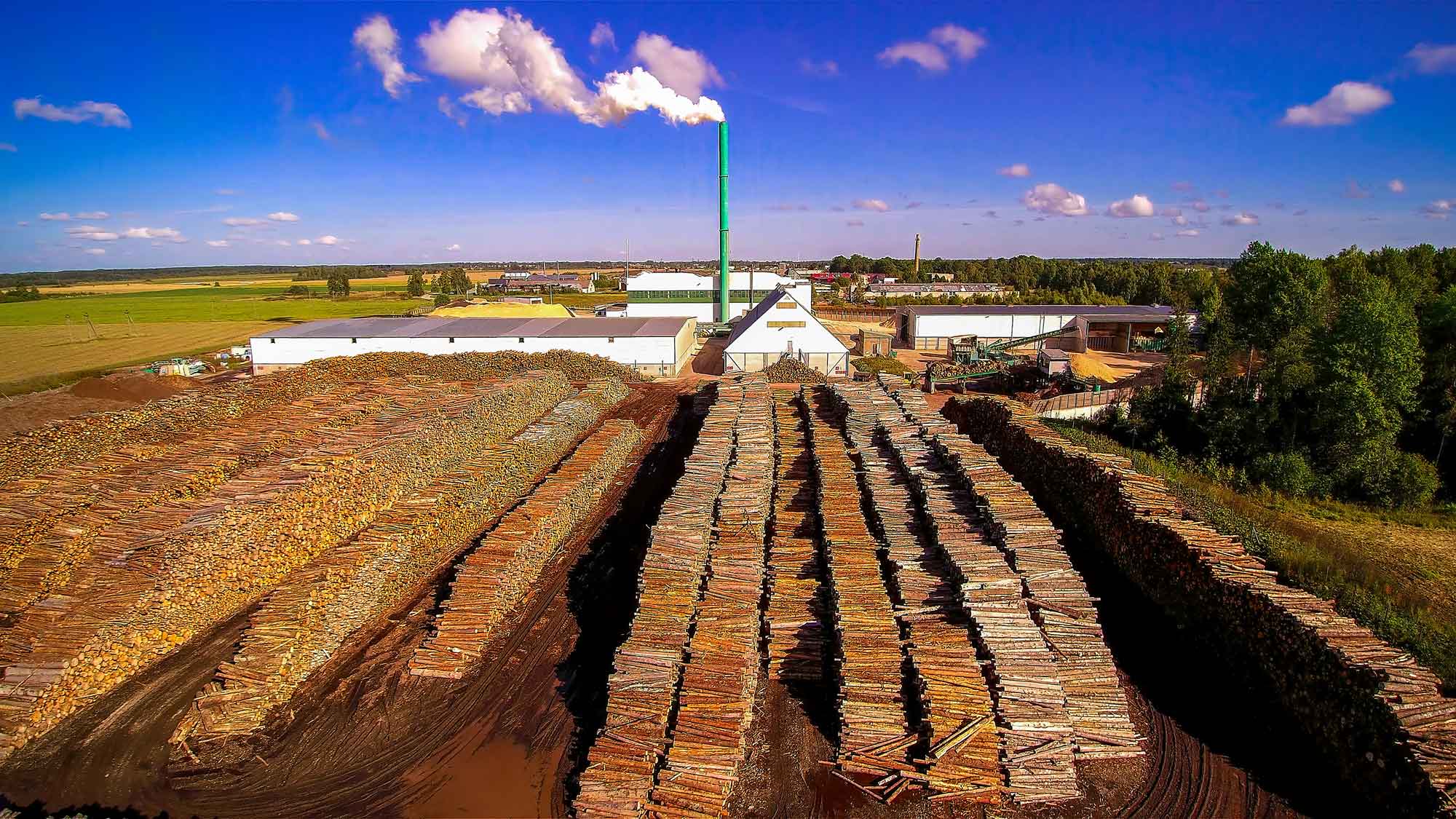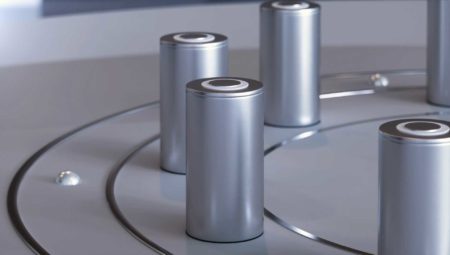Around 30 percent of Granuul Invest’s production is sold to Dutch power plants. Biomass plays an important role in the Dutch Climate Agreement, as a replacement for fossil fuels. The co-firing of biomass will be subsidized until 2027. The expectation is that after that time it will be possible to switch to other renewable energy sources.
By that time, Graanul wants to have switched his production to more high-quality semi-finished products. “We consider pellets as a temporary business,” said Ulvar Kaubi, marketing director at the Estonian state forests last week in the Dutch newspaper Trouw. “Those new products will have a value of five, six or even seven times as much.”
Flagship plant
In the development of a flagship factory, Graanul Invest cooperates with other European partners in the SWEETWOODS project, which is supported by the Bio-based Industries Joint Undertaking (BBI JU). It will be the very first plant for the biofractionation of wood processing residues in Europe. For this, a process is used that combines innovative pre-treatment technology with enzymatic solutions. This should make it possible to recover more than 90 percent of all wood sugars and also yields lignin of exceptionally high quality. These sugars and lignin can be further processed and converted into high-quality biomaterials, which can replace fossil chemicals in a wide range of products, including resins, adhesives, oils, plastic and building materials.
The foundation stone for a new flagship factory was laid in September this year. The plant must be operational in the first half of 2020. Then it will be possible for the first time to produce wood-based biomaterials on an industrial scale. Work will initially be done with birch shreds, but later also with alder wood. “After 2025 we will use the same raw materials as now for the pellet industry”, confirms director Raul Kirjanen of Graanul.



